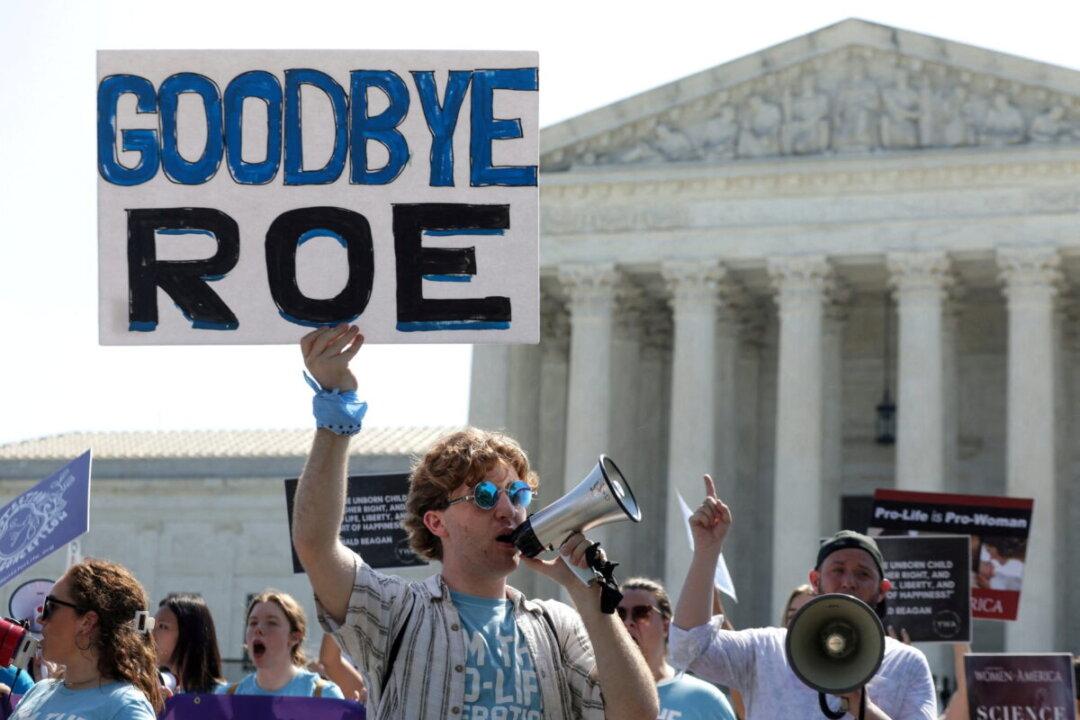A federal judge blocked the White House late Tuesday from enforcing guidance in Texas to require hospitals to provide emergency abortions regardless of state laws.
U.S. District Judge James Wesley Hendrix in Lubbock agreed with Texas Attorney General Ken Paxton that the U.S. Department of Health and Human Services (HHS) guidance was unauthorized and went beyond the text of a related federal law.





